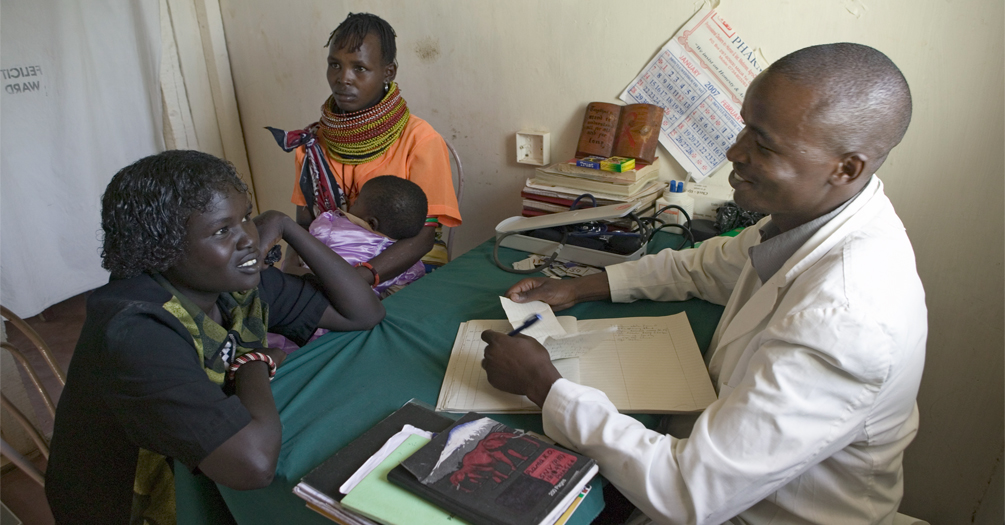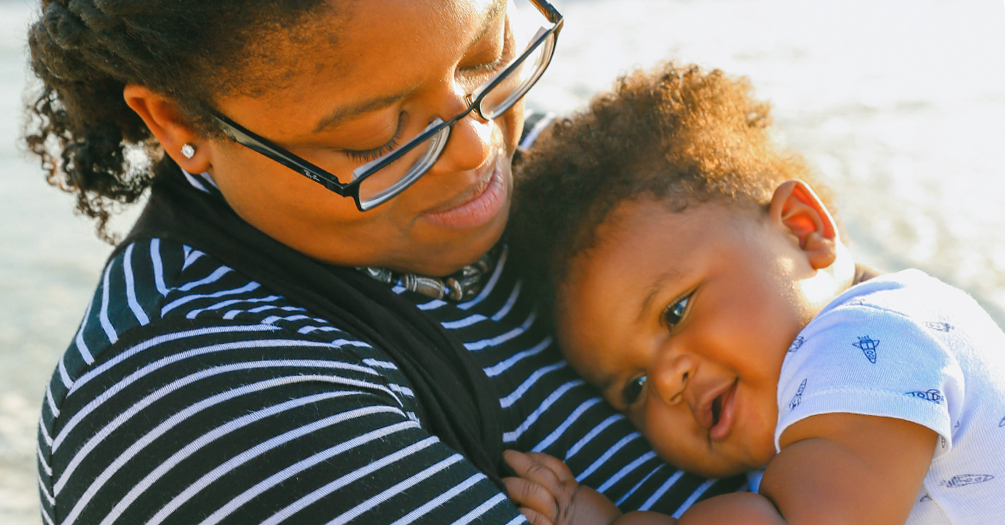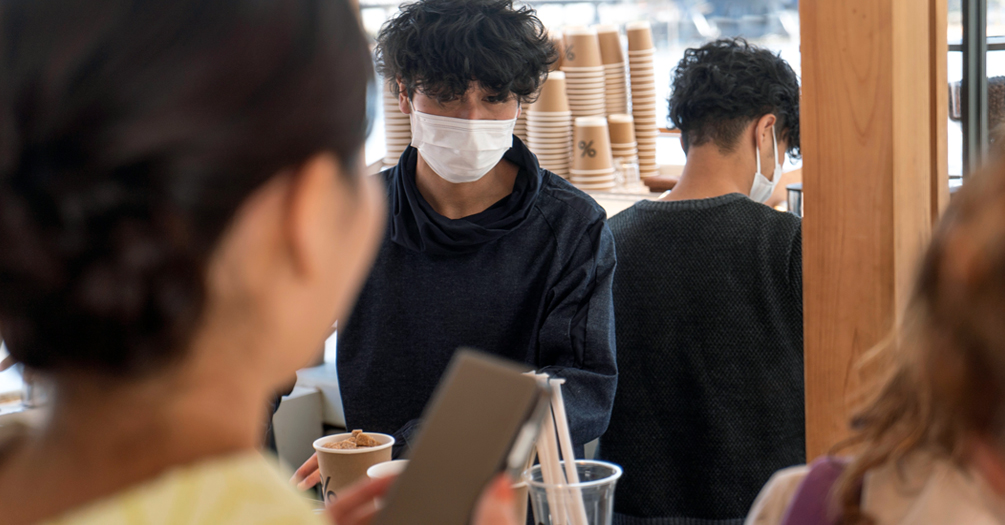
Systemic Racism, Policing, and Public Health Advocacy
Q&A with Payton Watt and Jamison Koeman
It can take a long time to develop new policy, and some advocacy roads lead to dead ends. But good advocacy work always makes a difference. As racism, policing, and police reform were becoming the national public health story of the summer, student leaders led a remote advocacy initiative to continue bringing public health insights to the discourse.





